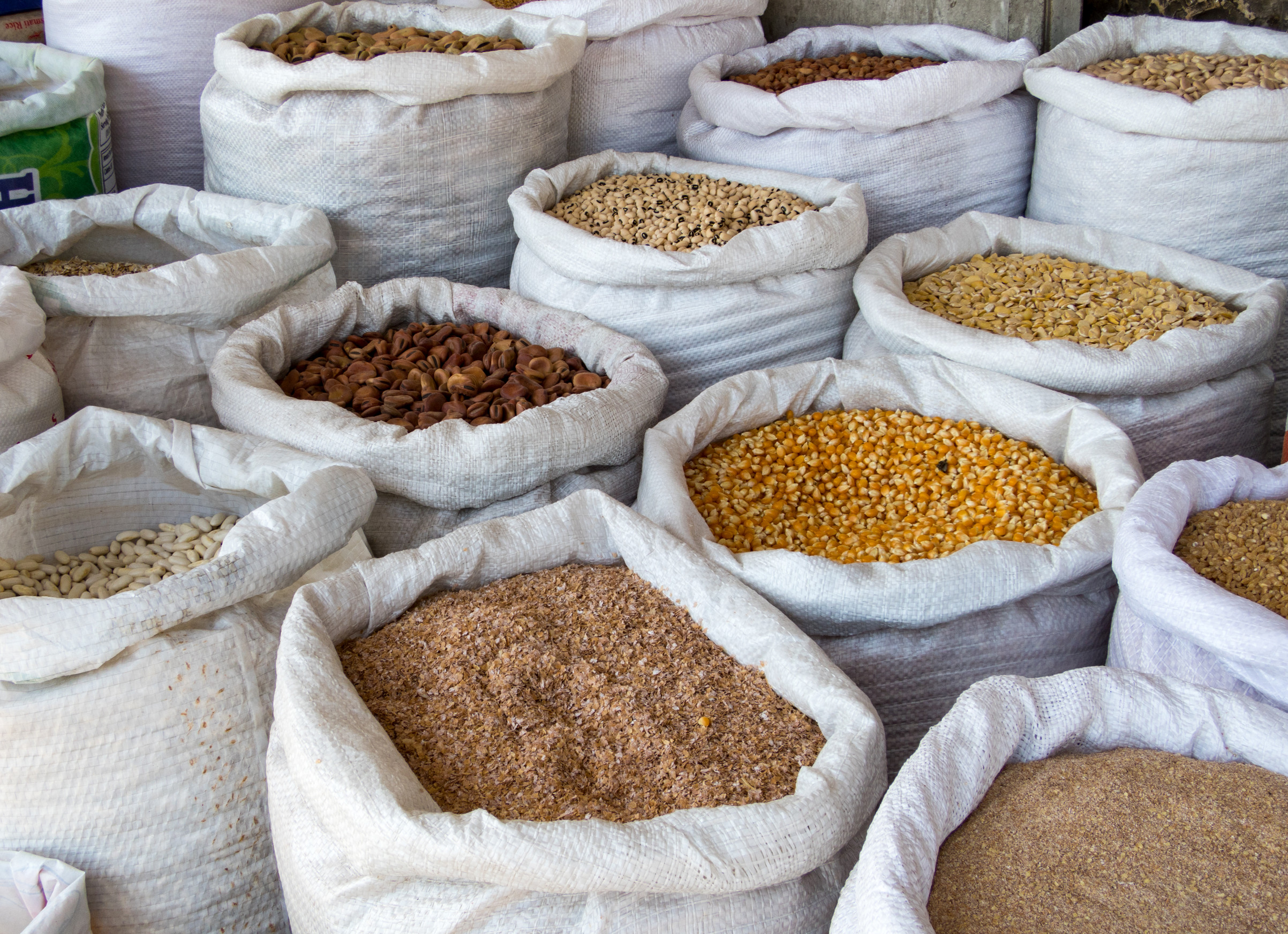
Buying in bulk has become a go-to strategy for saving money and preparing for emergencies. But while that 25-pound bag of rice might seem like a smart deal, not all foods are suited for long-term or large-scale storage. Some items can go rancid, develop harmful bacteria, or even become flammable if improperly stored. The truth is, storing food in bulk can backfire—especially when it comes to these seven items. Before your next bulk grocery haul, here’s what to leave off the list.
1. Cooking Oils
You might think buying a gallon of vegetable or olive oil is a smart move, but cooking oils are highly perishable. When exposed to air, light, or heat, oils can oxidize and go rancid, leading to unpleasant flavors and potentially harmful compounds. Some oils can even become combustible in storage if left near heat sources or stored in non-airtight containers. Many households don’t use oil fast enough to finish large quantities before spoilage. Instead, opt for smaller bottles and store them in cool, dark places.
2. Nuts and Nut Butters
Nuts may seem shelf-stable, but their high fat content makes them vulnerable to spoilage, especially when storing food in bulk. Over time, nuts can develop a bitter, off-putting taste due to oxidation. Nut butters, like peanut or almond butter, can also separate and grow mold when not stored correctly. Large containers also invite contamination every time the lid is opened and resealed. Unless you’re going through it quickly, it’s safer to buy nuts and nut butters in smaller portions.
3. Whole Grains With Germ Intact
Whole grains such as brown rice, quinoa, and barley contain oils that spoil faster than their refined counterparts. Unlike white rice, which has the germ removed, whole grains retain natural oils that go rancid over time—especially when exposed to moisture or heat. If you’re storing food in bulk and forget about it for a few months, you could end up with a pantry full of unusable grains. For long-term storage, consider vacuum sealing and freezing, or stick to refined grains that last longer.
4. Fresh Produce Like Potatoes and Onions
Buying potatoes and onions in bulk may sound budget-friendly, but storing them improperly can lead to rot, mold, and dangerous gas buildup. When stored together or in warm, humid places, these root vegetables can spoil quickly and even attract pests. Potatoes, in particular, can develop solanine, a toxic compound that forms when exposed to light. In worst-case scenarios, rotting produce can become a fire hazard in enclosed storage areas. Stick with quantities you can use within a few weeks and store in cool, dry, ventilated spaces.
5. Dairy Products
Bulk-sized tubs of yogurt, butter, or milk seem like a money-saving dream—until you’re throwing half of it away. Dairy is highly perishable and requires refrigeration, which limits how long you can keep it, especially after opening. Even shelf-stable options like powdered milk have a short lifespan once opened and exposed to air. Bulk dairy also increases the risk of cross-contamination from frequent use. If you’re serious about storing food in bulk, dairy just isn’t built to last.
6. Flour and Baking Mixes
While dry goods like flour seem safe to store in large quantities, they’re often susceptible to pests like weevils and moths. Improper storage in non-sealed containers can lead to infestations that ruin your entire supply. In humid environments, flour can clump and spoil or develop mold. Whole wheat flour is especially vulnerable due to its higher fat content. To avoid problems, store flour in airtight containers or freeze it—but skip the mega bags unless you bake daily.
7. Canned Foods Past Their Prime
Canned goods have a long shelf life, but they aren’t immortal. Bulk buying outdated or dented cans from discount stores can lead to serious health risks, including botulism. Once a can is compromised, it can become a breeding ground for bacteria—even if it looks fine from the outside. Many people also forget to rotate their bulk canned stock, leading to waste or worse. When storing food in bulk, quality and rotation matter just as much as quantity.
Stock Up Smart—Not Just Big
While storing food in bulk can be cost-effective and convenient, it’s not without its hazards. Some foods are too perishable, reactive, or fragile to hold up under long-term or improper storage conditions. Instead of blindly buying large quantities, focus on items that store well and match your actual consumption habits. And when in doubt, freeze or vacuum-seal to extend shelf life. Bulk doesn’t always mean better—especially when safety is on the line.
Have you ever had a bulk food storage fail? Share your experience or your smart storage tips in the comments below!
Read More
10 Things You Bought in Bulk But Shouldn’t Have
8 Bulk Items That Aren’t Actually Worth the Price
The post 7 Food Items That Are Too Dangerous to Store in Bulk appeared first on Grocery Coupon Guide.







